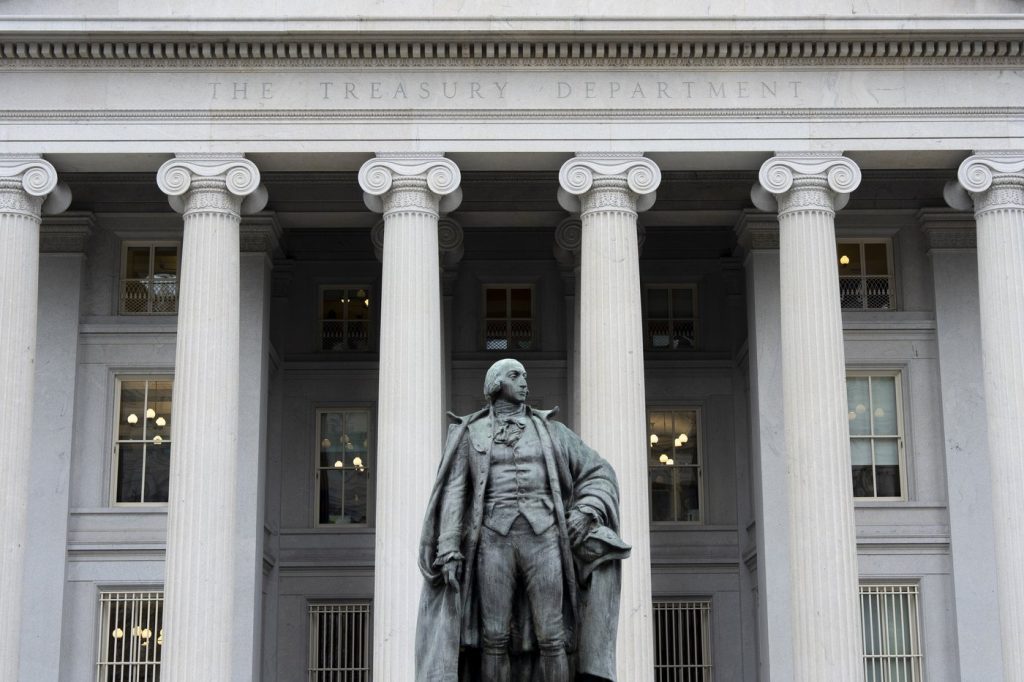On Wednesday, the U.S. Treasury Department announced new sanctions aimed at Iran's nuclear program, just before key discussions between U.S. and Iranian officials are scheduled to take place in Oman. This development underscores rising tensions surrounding Iran's nuclear ambitions and the U.S.'s commitment to countering them.
The latest sanctions target five entities and one individual based in Iran, all of which have been implicated in supporting the country's nuclear initiatives. Among those designated are the Atomic Energy Organization of Iran and its subsidiaries, namely Iran Centrifuge Technology Company, Thorium Power Company, Pars Reactors Construction and Development Company, and Azarab Industries Co.
U.S. Treasury Secretary Scott Bessent expressed grave concerns over what he described as the Iranian regime's "reckless pursuit of nuclear weapons." He emphasized that this endeavor poses a significant threat not only to the United States but also to regional stability and global security. He stated, "Treasury will continue to leverage our tools and authorities to disrupt any attempt by Iran to advance its nuclear program and its broader destabilizing agenda."
The timing of these sanctions coincides with President Donald Trump's recent announcement of plans to send senior envoys to engage in direct negotiations with Iran regarding its nuclear activities. However, he warned that Iran could find itself in "great danger" if the discussions fail to persuade them to abandon their nuclear weapons aspirations.
In response, Tehran has confirmed the upcoming talks but has insisted that they will be conducted indirectly, facilitated through a mediator. This stance illustrates the complexities and nuances surrounding diplomatic engagement between the two nations, especially given the long-standing mistrust and mutual accusations that characterize their relationship.
The urgency of the situation has been amplified by growing U.S. apprehensions regarding Iran's advancements towards developing a viable nuclear weapon. The backdrop for these tensions includes the 2015 nuclear agreement designed to limit Iran's uranium enrichment in exchange for lifting economic sanctions. This deal was a significant diplomatic achievement at the time, involving not just the U.S. but also several world powers.
However, in 2018, President Trump unilaterally withdrew the U.S. from this nuclear agreement, labeling it the “worst deal ever.” This withdrawal had profound implications for U.S.-Iran relations and shifted the dynamics of regional security. Following the withdrawal, indirect negotiations took place in Vienna under President Joe Biden's administration in 2021, aimed at reviving the nuclear deal. Unfortunately, these talks, along with other diplomatic efforts between Tehran and European nations, failed to yield any significant breakthroughs.
The imposition of new sanctions reflects the Biden administration's attempt to apply pressure on Iran as international negotiations persist. While talks may offer a path towards de-escalation, the U.S. remains vigilant, recognizing the potential dangers associated with Iran’s nuclear ambitions.










